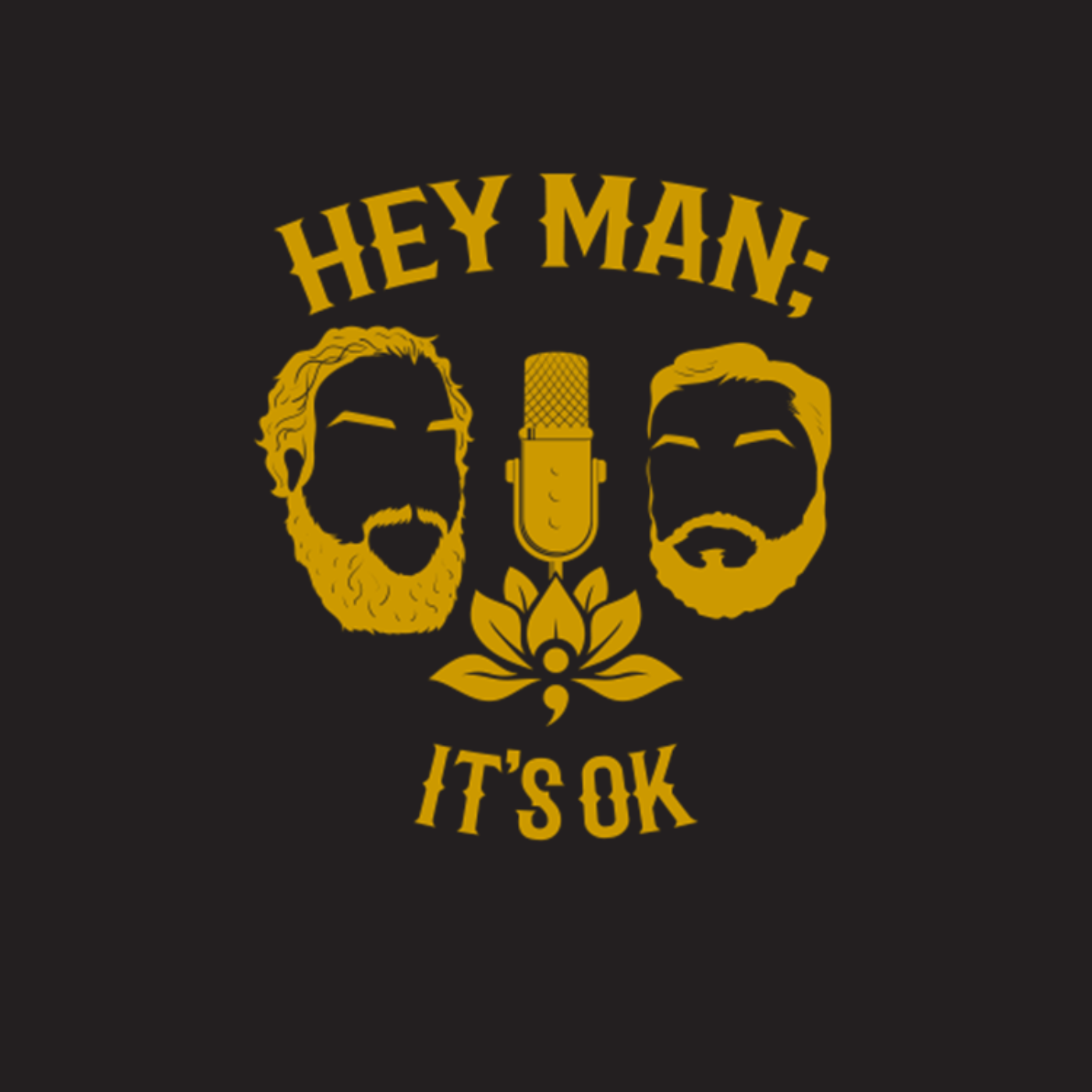
Touched Out! A Mental Health Podcast for Parents
Welcome to Touched Out! A Mental Health Podcast for Parents, where we explore the profound intersection of mental health and parenthood through raw, unfiltered, and emotional conversations. Hosted by Carter, a fellow parent navigating the challenges of mental health, this podcast provides a genuine look into the realities of parenting and self-care.
Subscribe to the Touched Out! YouTube channel for behind the scenes and bonus content: www.youtube.com/@touchedout
www.TouchedOut.com
Theme music written and performed by Ben Drysdale ©2025: www.bendrysdalemusic.com
Touched Out! A Mental Health Podcast for Parents
Gentle Parenting and Boundaries | Insights from a Trauma Specialist
Welcome to Episode 17 of Touched Out! A Mental Health and Parenting Podcast.
Today, we unravel the delicate balance of gentle parenting and setting boundaries with our special guest, Mark, a clinical psychotherapist and trauma specialist from Montreal, Canada.
Mark's Background and Career
Mark's upbringing and personal experiences have profoundly influenced his approach to parenting. Overcoming his own substance abuse struggles and being diagnosed with drug-induced paranoia, Mark began his career by aiding traumatized youth. These experiences have shaped his work as a psychotherapist and his parenting philosophy.
A Heartwarming Love Story
Discover the heartwarming story of how Mark met his wife, Kara. Together, they navigated the complexities of mental health during pregnancies and births, strengthening their bond and shaping their parenting journey.
Balancing Work and Family Life
Mark shares the challenges he faced upon returning to work as a therapist while balancing the innocence of his son and the harrowing experiences of his clients. He offers personal insights into the delicate balance of being both a parent and a professional.
Raising Kind and Assertive Children
Mark's main goal as a parent is to raise a child who embodies kindness, assertiveness, and engagement while understanding the significance of boundaries. He emphasizes the importance of these values in fostering a healthy and respectful relationship with children.
Debunking Misunderstandings About Gentle Parenting
In an enlightening discussion, Mark and I debunk societal misunderstandings surrounding gentle parenting. We shed light on effective parenting strategies that incorporate gentleness and boundary-setting.
Join the Conversation
Thank you for joining me and Mark on this episode. We hope you enjoyed the discussion and gained valuable insights into the delicate balance of gentle parenting and setting boundaries.
Thanks for listening to Touched Out: A Mental Health and Parenting Support Podcast.
If you enjoyed this episode, please like, subscribe, share, and leave a rating and review. Your support helps others discover their new favorite parenting and mental health podcast.
Connect with Us:
Drop a comment on Spotify if you have any questions or thoughts. You can also visit The Touched Out Website to leave a voice message or contact me via email. If you are interested in being a guest on Touched Out you can access the guest form HERE
Get your official Touched Out! Merch HERE
Donate to Touched Out! HERE
Spoony App:
All of the friends, None of the fear. A safe space for neurodivergent, chronically ill and disabled people to make friends and find support. Download the Spoony App HERE
*This is not a paid promotion
Theme music written and performed by Ben Drysdale ©2025: www.bendrysdalemusic.com
You'll be fine. It's all right.
we're doing really well. Thanks for having me.
Yeah, certainly sounds like you've been through the ringer. A little bit there, mate.
I love it. What a game changer.
Yeah, flexible boundaries, but boundaries nonetheless.
Yes, absolutely. Absolutely. Yeah, like you know.
Bed. It's time to go to bed. And that's just the reality.
Your day. Thanks so much. Thank.

